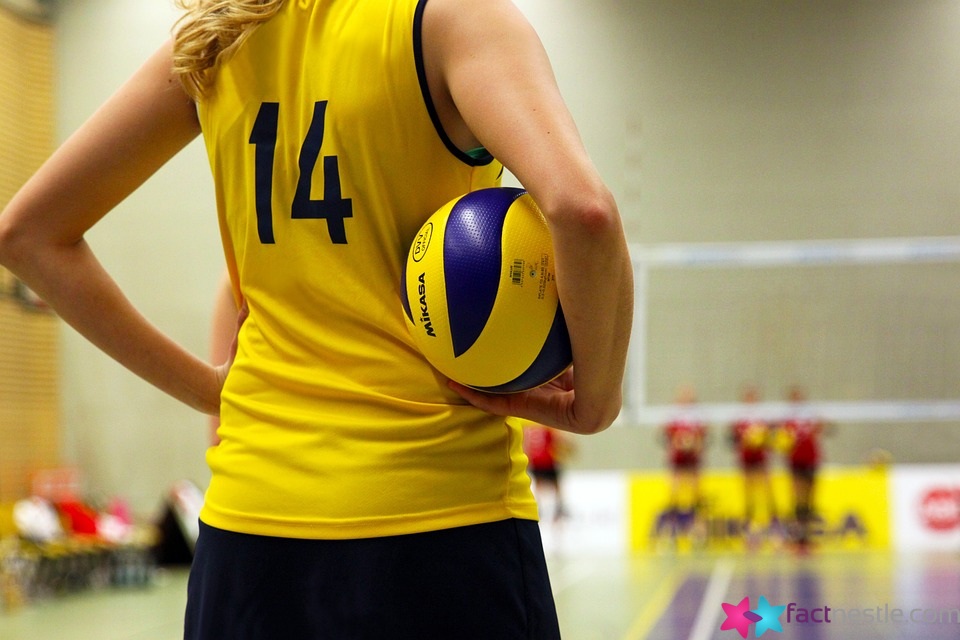The Influence of Sports on Youth Development
Introduction
Sports play a significant role in the development of young individuals, providing them with a range of physical, mental, and social benefits. Engaging in sports activities from a young age can have a lasting impact on the overall well-being and development of youth. This article will explore the various ways in which sports influence the development of young people, from physical fitness to character building and social integration.
The Physical Benefits of Sports (h2)
Participating in sports from a young age is essential for promoting physical health and well-being. Regular physical activity through sports helps in maintaining a healthy weight, building strong bones and muscles, and improving cardiovascular fitness. Additionally, it reduces the risk of developing chronic diseases such as obesity, diabetes, and cardiovascular conditions. Engaging in sports also promotes better sleep patterns and overall energy levels, contributing to a healthier lifestyle in youth.
Improving Mental Well-being (h2)
Beyond physical health, sports also have a positive impact on the mental well-being of young individuals. Participation in sports has been linked to reduced levels of stress, anxiety, and depression. The sense of accomplishment and confidence gained through sports can also boost self-esteem and mental resilience. Furthermore, sports provide an outlet for emotional expression, helping youth to manage their emotions and develop coping mechanisms for the challenges they face.
Character Building through Sports (h2)
Sports offer valuable opportunities for character building and personal development in youth. Through sports, young individuals learn about discipline, teamwork, leadership, and perseverance. They also develop a sense of responsibility, respect for authority, and the ability to set and achieve goals. Sports teach valuable life lessons about competition, fair play, and sportsmanship, shaping the character and values of young athletes.
Social Integration and Community Involvement (h2)
Engagement in sports fosters social integration and community involvement among young people. Sports provide a platform for building friendships, developing social skills, and creating a sense of belonging. Youth participating in sports often form strong bonds with teammates, coaches, and supporters, creating a supportive network that extends beyond the playing field. Additionally, sports involvement connects youth to the broader community through events, volunteer opportunities, and shared experiences.
The Role of Parents and Coaches (h2)
The influence of sports on youth development is further enhanced by the involvement of parents and coaches. Parents play a crucial role in encouraging their children to participate in sports, providing support, and creating a positive environment for athletic pursuits. Coaches, on the other hand, guide and mentor young athletes, helping them develop skills, values, and a passion for the sport. The support and guidance of adults in the lives of young individuals contribute significantly to their overall development through sports.
Conclusion
In conclusion, the influence of sports on youth development is multi-faceted, encompassing physical, mental, and social aspects. Sports offer numerous benefits for young individuals, from promoting physical fitness and mental well-being to building character and fostering social integration. The support of parents and coaches is essential in maximizing the positive impact of sports on youth development. By engaging in sports activities, young people can enjoy a healthier lifestyle, develop essential life skills, and form lasting connections within their communities.
FAQs
1. What are the physical benefits of participating in sports?
2. How do sports contribute to the mental well-being of young individuals?
3. What are the character-building aspects of engagement in sports?
4. How does involvement in sports promote social integration among youth?
5. What role do parents play in supporting their children’s participation in sports?
6. What impact do coaches have on the development of young athletes through sports?
7. How can sports influence the overall well-being and development of youth?
8. What are some ways to encourage young individuals to engage in sports activities?
9. Are there any risks associated with youth involvement in sports?
10. What are some examples of sports programs that focus on youth development?
As these questions suggest, sports have a profound influence on the development of young individuals, providing them with a range of physical, mental, and social benefits. Through engagement in sports, youth can foster a healthier lifestyle, develop essential life skills, and form lasting connections within their communities.



